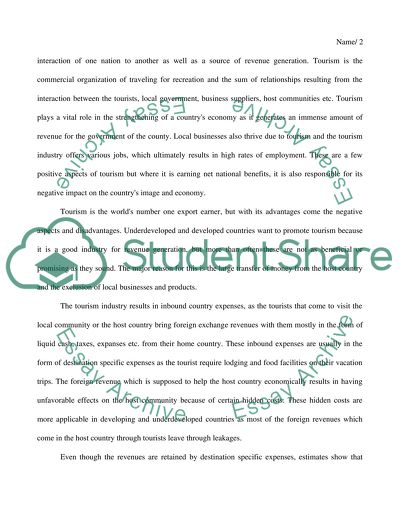Cite this document
(“The Negative Impact of Tourism Due to Increased Globalization Essay”, n.d.)
The Negative Impact of Tourism Due to Increased Globalization Essay. Retrieved from https://studentshare.org/macro-microeconomics/1446488-the-negative-impact-of-tourism-due-to-increased
The Negative Impact of Tourism Due to Increased Globalization Essay. Retrieved from https://studentshare.org/macro-microeconomics/1446488-the-negative-impact-of-tourism-due-to-increased
(The Negative Impact of Tourism Due to Increased Globalization Essay)
The Negative Impact of Tourism Due to Increased Globalization Essay. https://studentshare.org/macro-microeconomics/1446488-the-negative-impact-of-tourism-due-to-increased.
The Negative Impact of Tourism Due to Increased Globalization Essay. https://studentshare.org/macro-microeconomics/1446488-the-negative-impact-of-tourism-due-to-increased.
“The Negative Impact of Tourism Due to Increased Globalization Essay”, n.d. https://studentshare.org/macro-microeconomics/1446488-the-negative-impact-of-tourism-due-to-increased.


